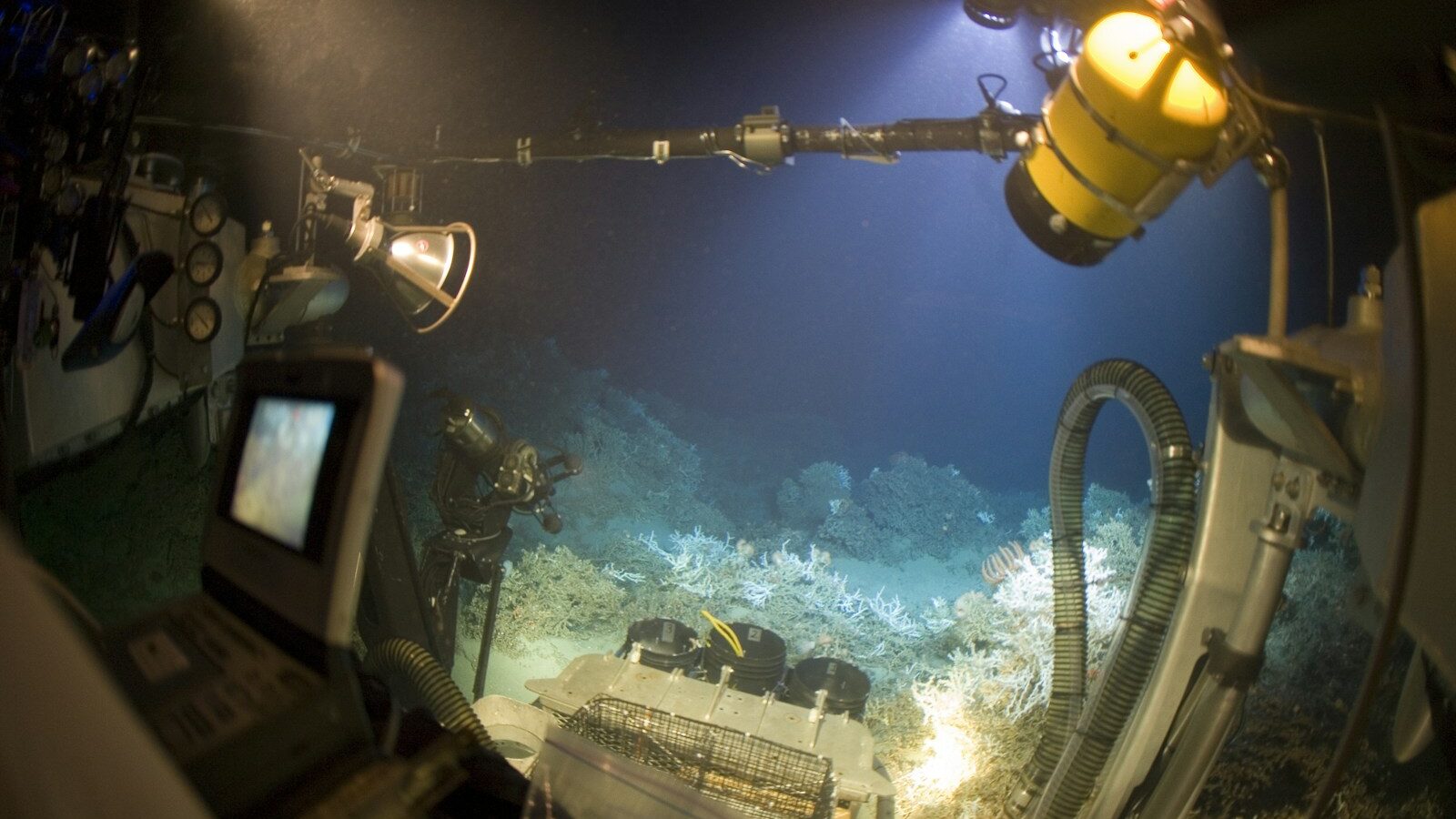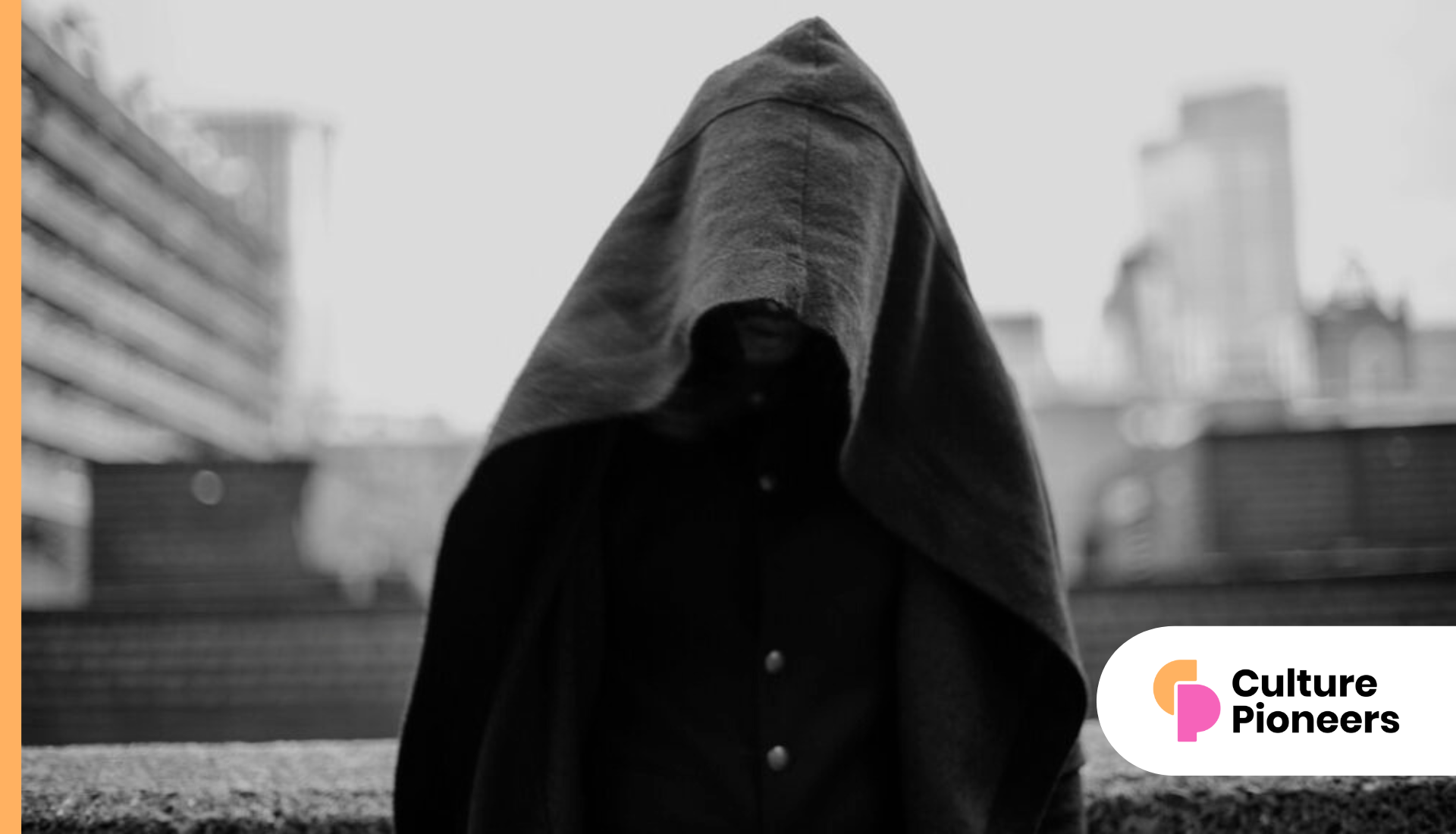The year has only just begun and already we have an HR buzzword that is setting the tone for how we talk about wellbeing at work: energy. Energising yourself and your people takes more than just words, however. It’s something that needs to be worked at every day.
Our energy comes from many sources, for instance, food, water, rest, sleep and exercise, but when we’ve done all these things and we’re still left feeling worn out and like we’re ‘trudging through treacle’ it’s often our inner spirit that’s depleted.
Both physical and mental health are equally important for achieving sustainable energy and strength.
For me, ‘energy’ translates to ‘strength’ and I developed the strength model to highlight the need for balance across four key health areas in order to achieve sustainable energy:
- BODY: our physical movement and daily activity levels.
- BRAIN: how we think and whether we limit ourselves.
- NUTRITION: what we put in our body to fuel us.
- NURTURE: how we look after our internal spirit.

What I’ve noticed is that often ‘nurture’ is the area we neglect most and the one that we let go of first when we are busy, despite the fact that this is usually the key to replenishing vital energy.
What is ‘nurture’?
We can best describe ‘nurture’ as taking care of our inner self – recharging our inner batteries and igniting our inner energy.
We are all biologically unique and have varying levels of hormones that take care of a multitude of functions in our bodies. Men generally produce more testosterone (otherwise known as the ‘drive’ hormone’) than women do and derive a significant amount of their energy and strength from it.
In order to nurture your inner energy, you first need to understand specifically what energises you, because it is different for everyone and can often be linked to your past experiences and conditioning.
Women on average have only a small proportion of the testosterone that men do and so, when they’ve used it, they need to source their energy (drive) elsewhere.
This is where ‘nurture’ comes in, because it is about feeding ourselves on an emotional and spiritual level, including the relationships we have with others and then maximising the impact that has on how we feel and what that enables us to achieve.
Why is it important?
Your body (and particularly your brain) is your vehicle to pursue and achieve what makes you happy in life and work. Both physical and mental health are equally important for achieving sustainable energy and strength. When you feed your body what it needs, you enable it to function at its best. This is not limited to food and water – it also includes what you feed it in terms of information, messages, relationships, knowledge, self-talk etc.
How can we improve it?
In order to nurture your inner energy, you first need to understand specifically what energises you, because it is different for everyone and can often be linked to your past experiences and conditioning.
The feeling of joy is a good place to start. Joy is that blissful feeling inside that you get when you experience something that you’re deeply connected to emotionally. It might be watching your children play, reminiscing about wonderful experiences, feeling your feet in the sand on your favourite beach, walking outdoors in nature, getting time to do your yoga or favourite activity. It might just be having time to soak in the bath on your own.
All of this work starts with creating awareness and understanding of how well you look after yourself currently.
Joy is a momentary positive feeling, which you have the opportunity to create intentionally every day when you know how. Ask yourself, what brings me joy in the moment?’ and then do more of that.
Each time you do, imagine placing a ‘gold ticket’ into your ‘resilience jar’ that represents your inner energy and strength. The more you place in your jar, the more strength you create and the more energised you feel.
Focus on the four P’s of JOY
- PURPOSE: purpose is simply another word for ‘reason’. When you are clear about your reason and feel the deep heartfelt connection (in other words, our ‘why’) for pursuing anything, you are automatically more energised and motivated to do it and equally feel the sense of joy when you’re achieving it.
- POSITIVITY: how good you feel is directly linked to the level of happy hormones and when you feel joy, you release two of them in particular, dopamine and serotonin. One way to generate happy hormones more intentionally is to focus on ‘what’s been good’.
- PLAYFULNESS: play is something that we learn to do at a very early age and that makes us feel energised, yet later in life we seem to forget how valuable it is. Adding play into your life is crucial as it increases a sense of joy and wellbeing – whether that’s playing games, playing in the park or running and jumping out in nature, it all has a profound effect on your feeling of freedom.
- PEOPLE: spending time connecting with others can bring an immense amount of joy. Building meaningful relationships, especially with people who energise you, creates energy from within.
[cm_form form_id=’cm_65a14c3f5da64′]
What you can do now
All of this work starts with creating awareness and understanding of how well you look after yourself currently. Take a look at the four key health areas I mentioned earlier and give yourself a rating on a scale of one to ten (one being ‘it needs attention’ and ten being ‘I’ve mastered it’).
Ask yourself ‘how much focus do I put in this area?’
Interested in this topic? Read It’s not JUST emotions: putting energy and feelings at the heart of your work.






